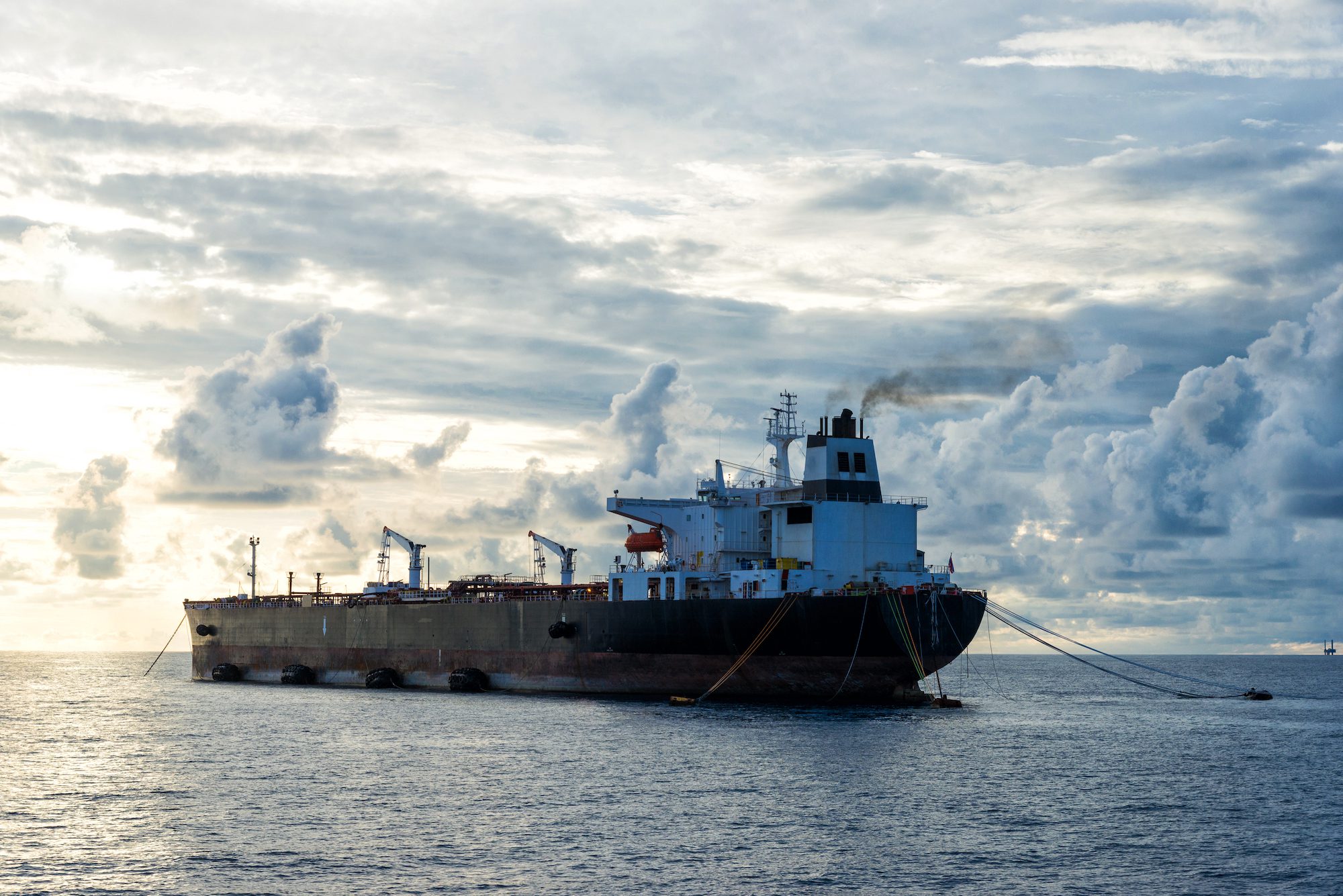The recent attacks on Red Sea shipping coupled with existing geopolitical and climate-related challenges are reshaping global trade routes with the potential for major economic and environmental implications.
This is according to a new report from the United Nations Conference on Trade and Development (UNCTAD), titled “Navigating Troubled Waters. The Impact on Global Trade of Disruption of Shipping Routes in the Red Sea, The Black Sea and the Panama Canal”.
Maritime trade routes through the Suez Canal have become seriously disrupted due to recent Houthi attacks in the Red Sea, impacting the global trade landscape. This issue is aggravated by ongoing disruptions in the Black Sea due to the war in Ukraine, which have altered traditional oil and grain trade routes.
Compounding these issues is another challenge: the Panama Canal, a vital link between the Atlantic and Pacific Oceans, is facing dwindling water levels. Combined, these almost unprecedented situations have raised concerns about the long-term resilience of global supply chains, highlighting the vulnerability of the world’s trade infrastructure.
The report reveals that Suez Canal transits have decreased by 42% compared to their peak volume. Major players in the shipping industry have temporarily suspended Suez transits, leading to a 67% fall in weekly containership transits. Likewise, the Panama Canal has seen a 49% drop in total transits compared to its peak as the Panama Canal Authority continues to throttle daily transits in an effort to conserve water.
These disruptions are causing both economic and environmental costs, particularly impacting developing economies. The surge in average container spot freight rates has been substantial, reaching a record weekly increase of US$500 in the last week of December. Average container shipping spot rates from Shanghai have more than doubled since early December, with a more than threefold increase to Europe and above average increase to the United States West coast, despite not going through Suez.
Ships are now avoiding the Suez and Panama Canals, which translates into longer cargo travel distances, rising trade costs, and increased insurance premiums. Moreover, greenhouse gas emissions are also growing due to the greater distances and speeds necessary to compensate for these detours.
UNCTAD warns of the potential far-reaching economic implications of these disruptions. Prolonged interruptions in container shipping threaten global supply chains and could delay deliveries, leading to higher costs and inflation. Additionally, energy prices are surging as gas transits are discontinued, directly impacting energy supplies and prices, and potentially global food prices.
The report also highlights the environmental impact of these disruptions. The shipping industry has been reducing speeds for over a decade to lower fuel costs and address greenhouse gas emissions. However, disruptions in key trade routes are leading to increased vessel speeds, which result in higher fuel consumption and greenhouse gas emissions. The increased fuel consumption could lead to a 70% rise in greenhouse gas emissions for a Singapore-Rotterdam round trip.
UNCTAD underscores that developing countries are particularly vulnerable to these disruptions. The organization is calling for swift adaptations from the shipping industry and robust international cooperation to manage the rapid reshaping of global trade, emphasizing the urgent need for sustainable solutions in support of countries more vulnerable to these shocks.

 Join The Club
Join The Club










